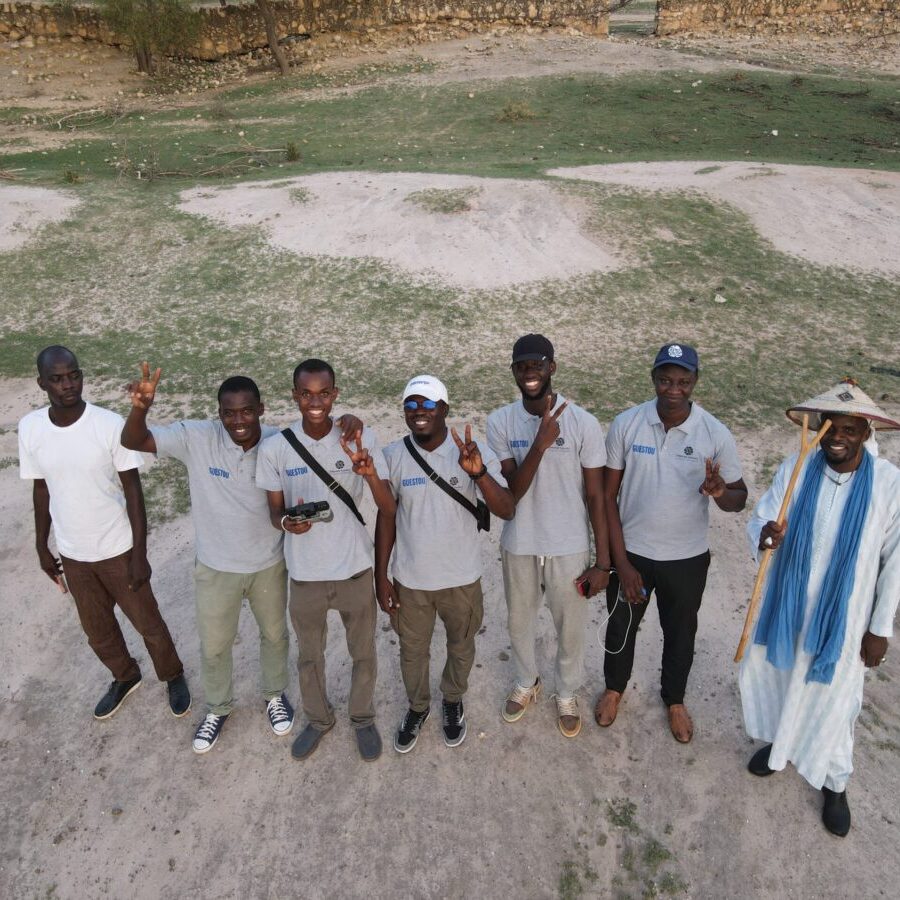Grant Program
Beyond the Net
Grantee Name
Senegal Chapter
Grant Start Date
24 June 2024
Grant End Date
15 September 2024
Amount Funded
US$0
Country
Senegal
Region
Africa
OBJECTIVE OF THE PROJECT
The Guestou Project has been instrumental in expanding the Internet Society Senegal Chapter’s reach and engagement across various regions of the country. At its core, the project seeks to conduct an in-depth study to support the deployment of community networks in Senegal, with the overarching goal of improving Internet access in underserved communities. This initiative is driven by a clear vision: to ensure that populations in remote and marginalized areas benefit from accessible, reliable, and sustainable internet connectivity, enabling greater digital inclusion and participation.
As part of the project’s activities, the chapter conducted field visits in two key locations the commune of Yang Yang (north) and the commune of Kataba 1 (south). These interventions provided an opportunity not only to raise awareness about the chapter’s mission and initiatives but also to strengthen relationships with local stakeholders. These interactions significantly reinforced the chapter’s visibility and legitimacy in both regions. More importantly, they anchored the chapter within the local community fabric, paving the way for sustainable partnerships and future digital development initiatives.
WHY IS THIS PROJECT IMPORTANT?
Key aspects highlighting its importance include:
Addressing a Critical Gap: By targeting underserved communities, the project directly confronts the digital divide, providing a pathway to essential connectivity.
Community-Driven Solutions: Utilizing a participatory methodology, the study actively involves community members and stakeholders. This approach ensures that identified needs and desired services are relevant to the local population, fostering real enthusiasm and local support crucial for success.
Laying the Groundwork for Deployment: The study’s findings will form the basis for developing a detailed action plan. By identifying beneficiary communities, technical requirements, regulatory aspects, and organizational structures, it provides the essential foundation for effective and sustainable network implementation.
Securing Stakeholder Support: The project has successfully secured the support of authorities and engaged key local stakeholders, including village chiefs, mayors, and state services. This collaboration is instrumental in facilitating the project’s progress and ensuring potentially rapid, unhindered deployment in the future.
Strengthening Partnerships: The project involves establishing strategic partnerships to support deployment. This collaborative approach is vital for overcoming challenges like logistical constraints in remote sites and ensuring effective coordination among involved parties.
Benefiting the Implementing Chapter: The project enhances the reputation of the chapter by demonstrating commitment to technological innovation and community development. It also enables the chapter to develop community relations by building strong and lasting ties with underserved populations, reinforcing its legitimacy and understanding of local needs.

